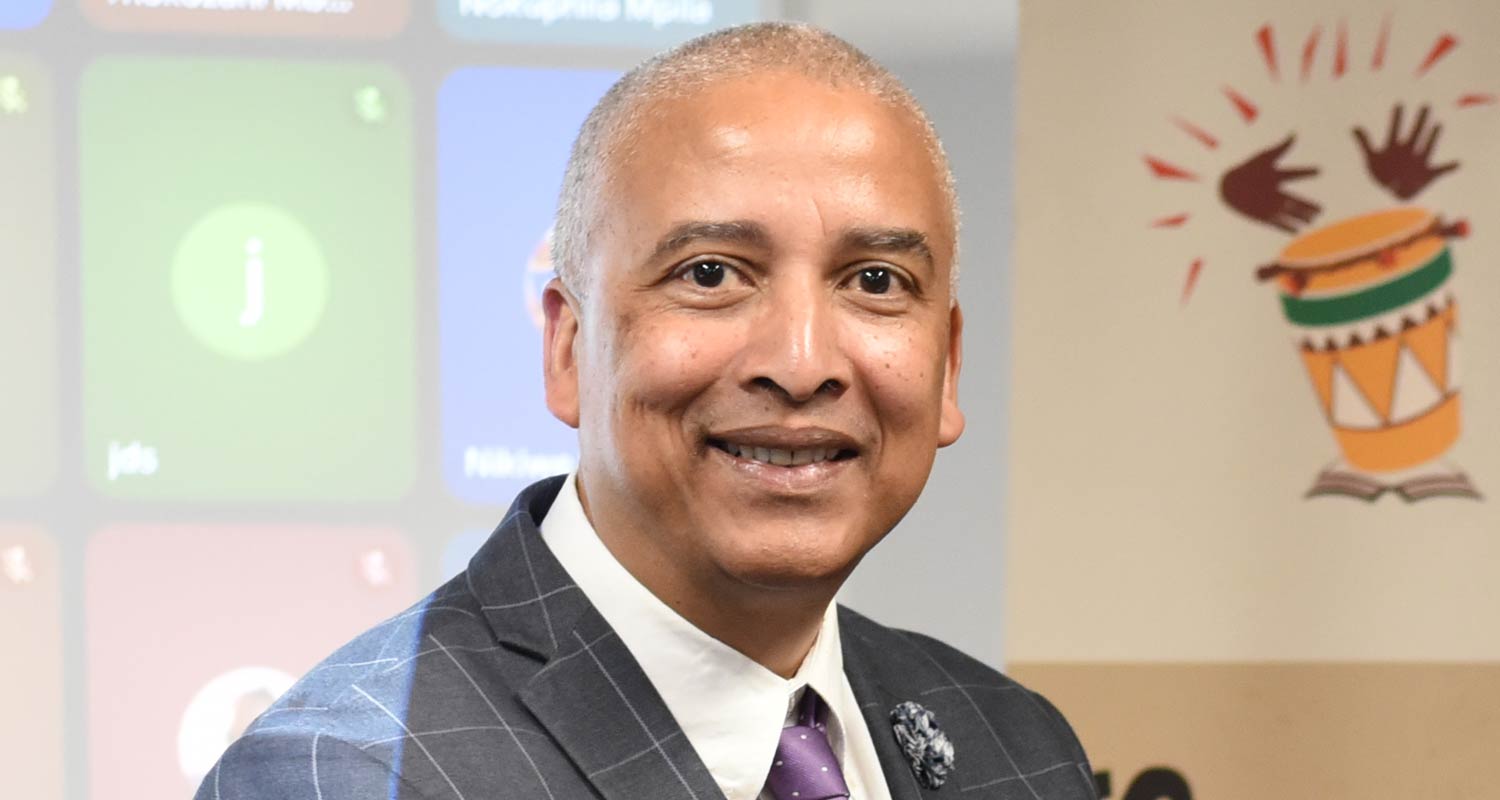Google South Africa has launched an “AI glossary” that standardises 100 terms in Zulu, Xhosa and Afrikaans in partnership with the Pan South African Language Board (PanSALB).
Google South Africa country director Kabelo Makwane told a launch event in Johannesburg on Wednesday that the glossary marks a critical step towards linguistic inclusion and digital empowerment.
“For many people, you will agree, especially non-English speaking people, those conversations [around technology] can feel somewhat distant, somewhat removed and simply out of reach … because the language of technology hasn’t really caught up with the richness of our local languages and our local dialects…,” he said.
Makwane said the glossary will help ensure African users can participate fully in their native languages and appreciate the global AI conversation.
“A famous man we probably all know once said, ‘If you speak to a person in their home language, you speak to their heart.’ And I think we can start to connect with technology and speak to people’s hearts when we relate to them in their mother tongue,” he said.
“This work builds on similar efforts in Swahili and forms part of Google’s broader commitment to bridging the digital divide, ensuring that Africans cannot only use technology, but also help in shaping technology with their own languages.”
The plan is to add other terms and South African indigenous languages.
Pilot project
PanSALB CEO Lance Schultz said that the glossary is a pilot project and allows for scalability. “This gives us an opportunity for much greater development … and we will remain a strategic partner,” he said, adding that 31 years into South Africa’s democracy, the digital divide looms as the “next great test”.
Gerda Odendaal, chair of the Afrikaans National Language Body and who worked on the project, said it is not just about terminology. “It is not just about access, it is about agency…We must not be passive consumers [of technology].”
Google South Africa language manager Rachael Ndichu said the various teams covering each of the languages began work on the glossary last year. Languages with the highest numbers of speakers were chosen, and words that were commonly used regarding AI.
She referenced deepfakes as an example, highlighting their rising prominence in the news media and on social media. The glossary lists the term in Afrikaans as diepvervalsing, in Xhosa as ideepfake and in Zulu as ifihlabuwuwa.

Among other terms defined are everyday concepts such as “conversational AI” – systems that simulate human dialogue through natural language processing – and “hallucination”, which describes instances where AI tools generate information that sounds credible but is incorrect.
The glossary was developed through a highly collaborative process. Google, in partnership with Twaweza Communications and PanSALB, hosted a series of round-table discussions and workshops with linguists, lexicographers, AI experts, academics and government stakeholders.
Read: Google to anchor Africa subsea cables with four new ‘connectivity hubs’
While the process includes several steps to standardise terminology, Ndichu noted that the glossary remains a living one, open to feedback.
PanSALB executive head for languages Julius Dantile said they will look to introduce other partners to scale the project.
The full glossary can be accessed here. — © 2025 NewsCentral Media
Get breaking news from TechCentral on WhatsApp. Sign up here.



